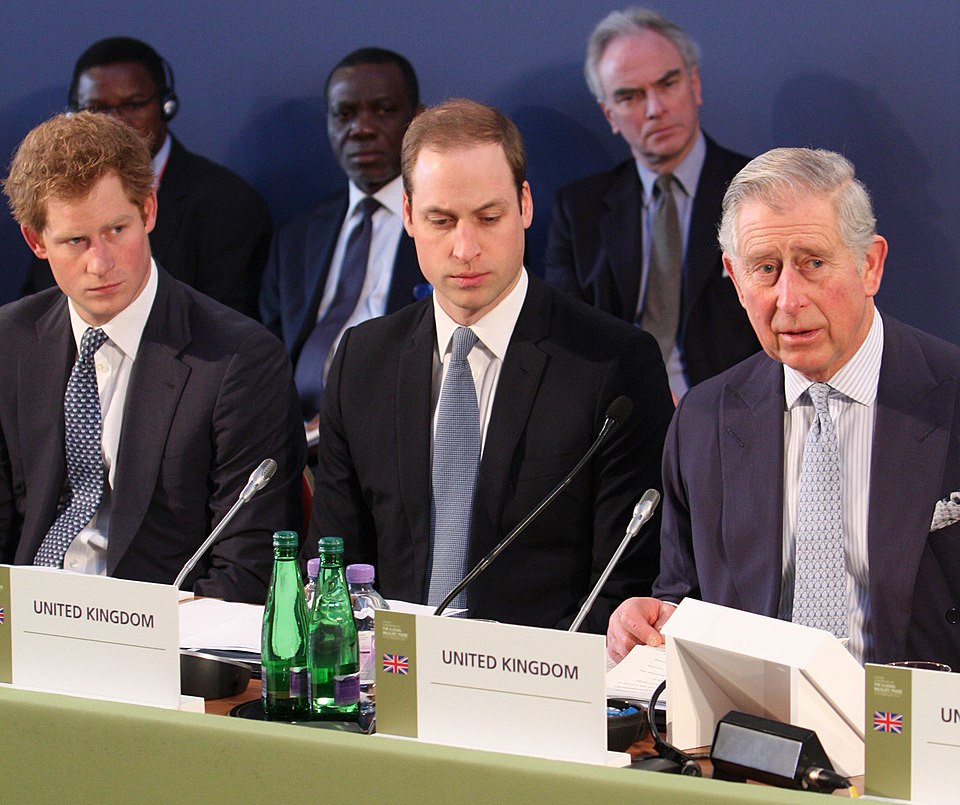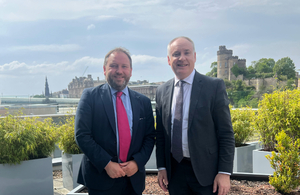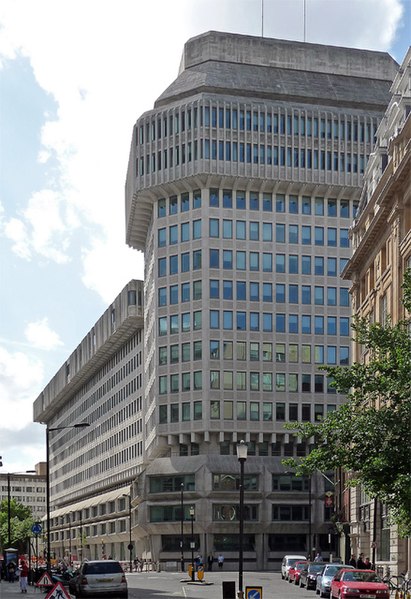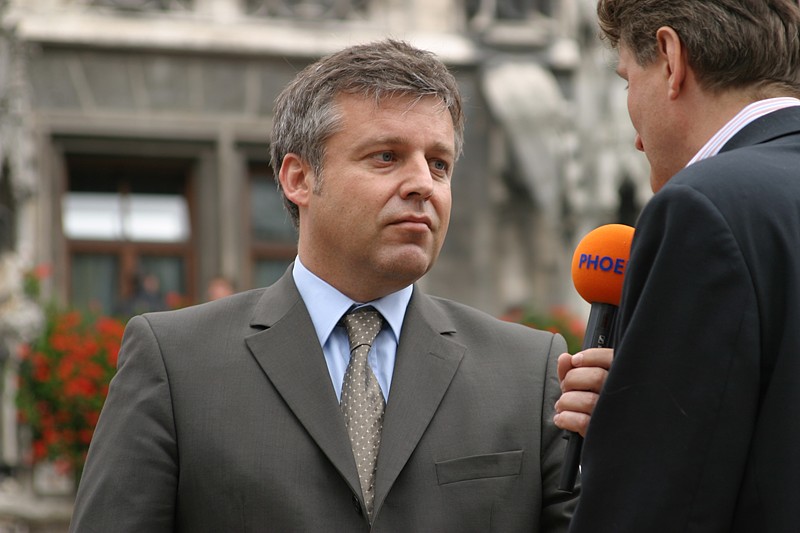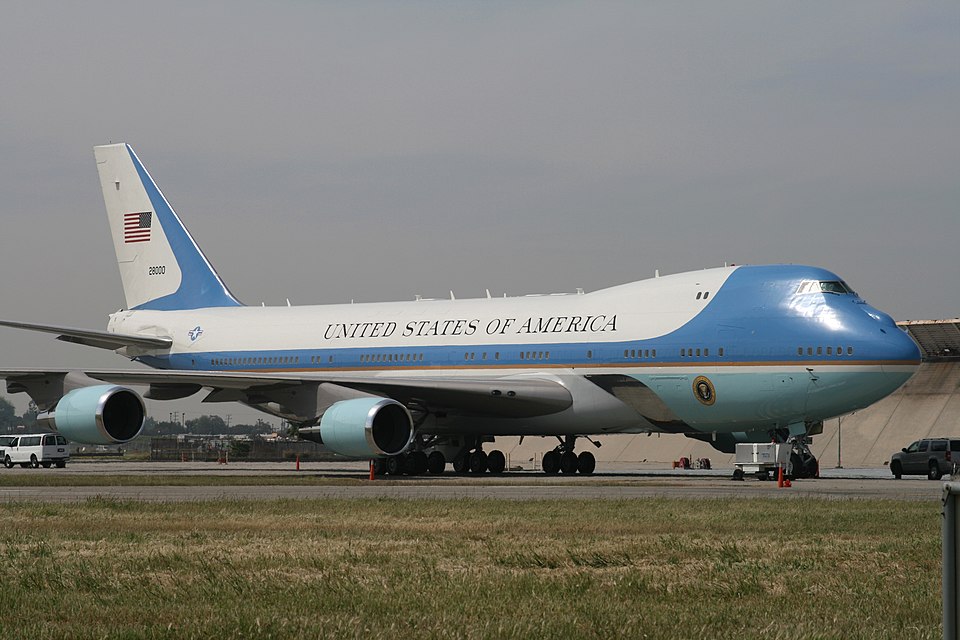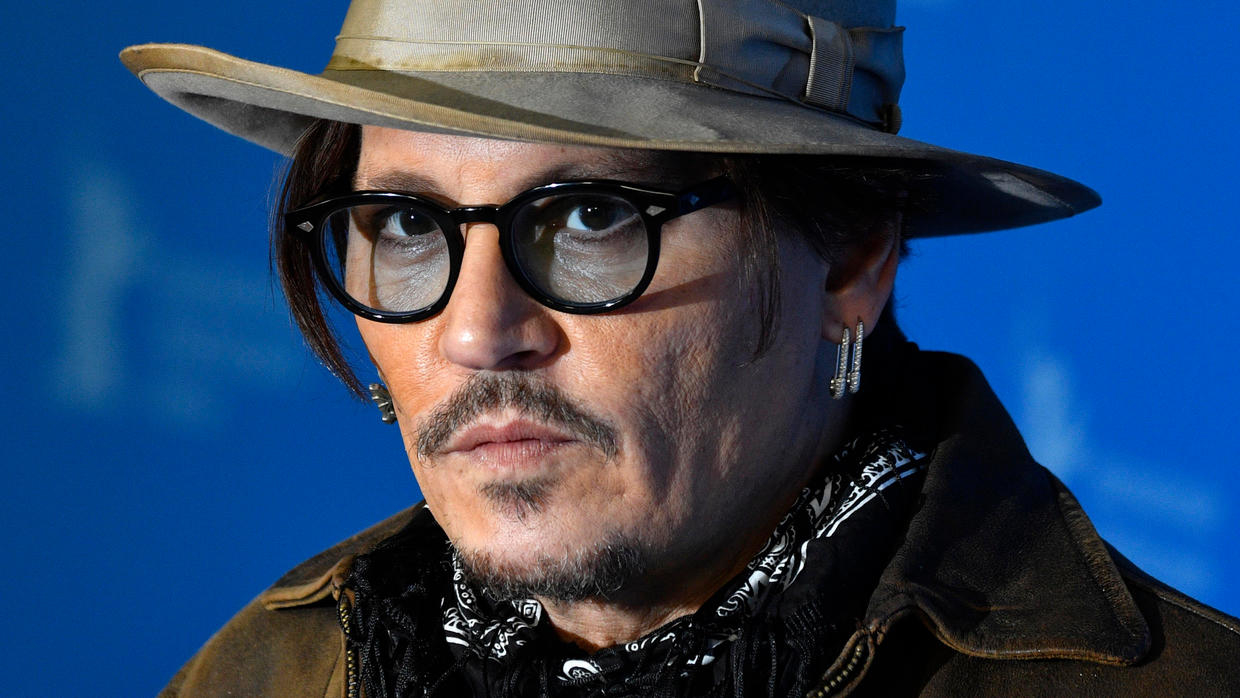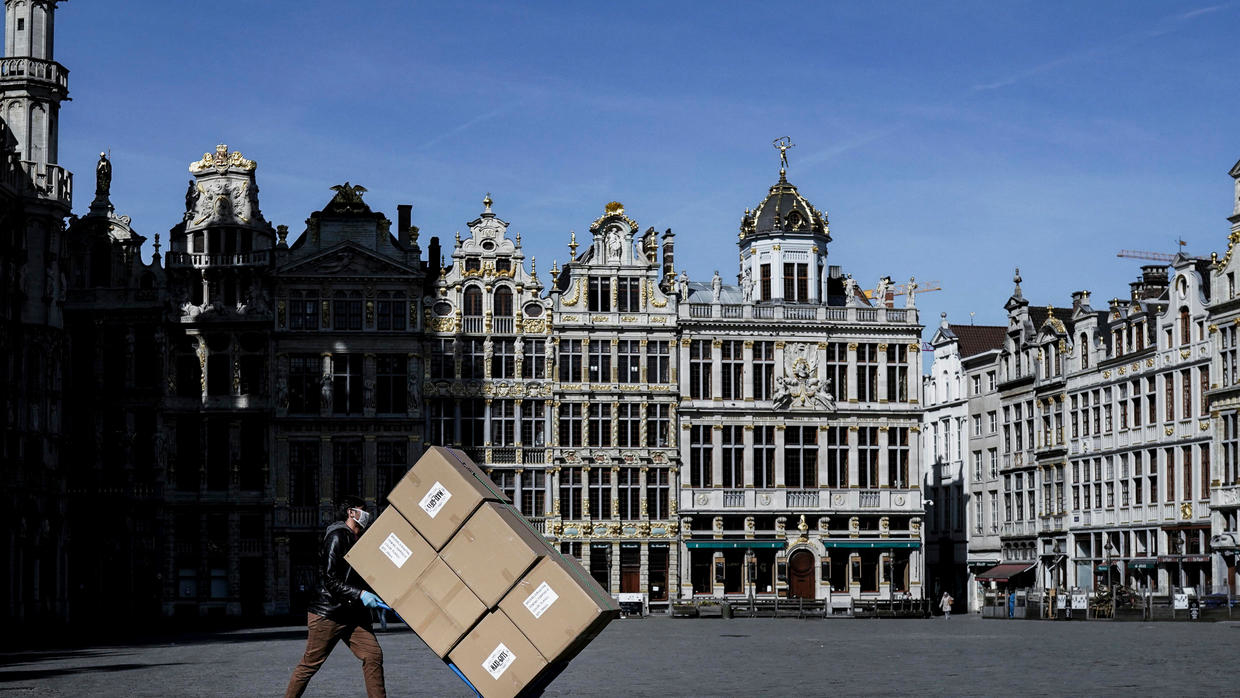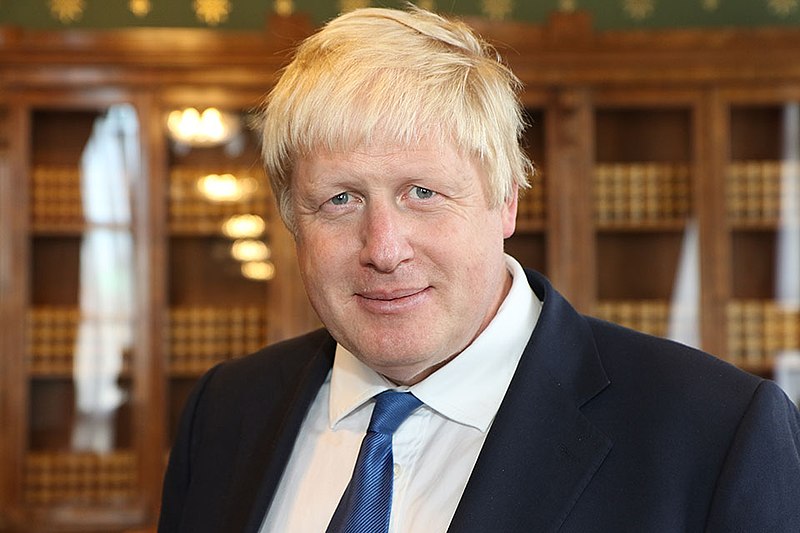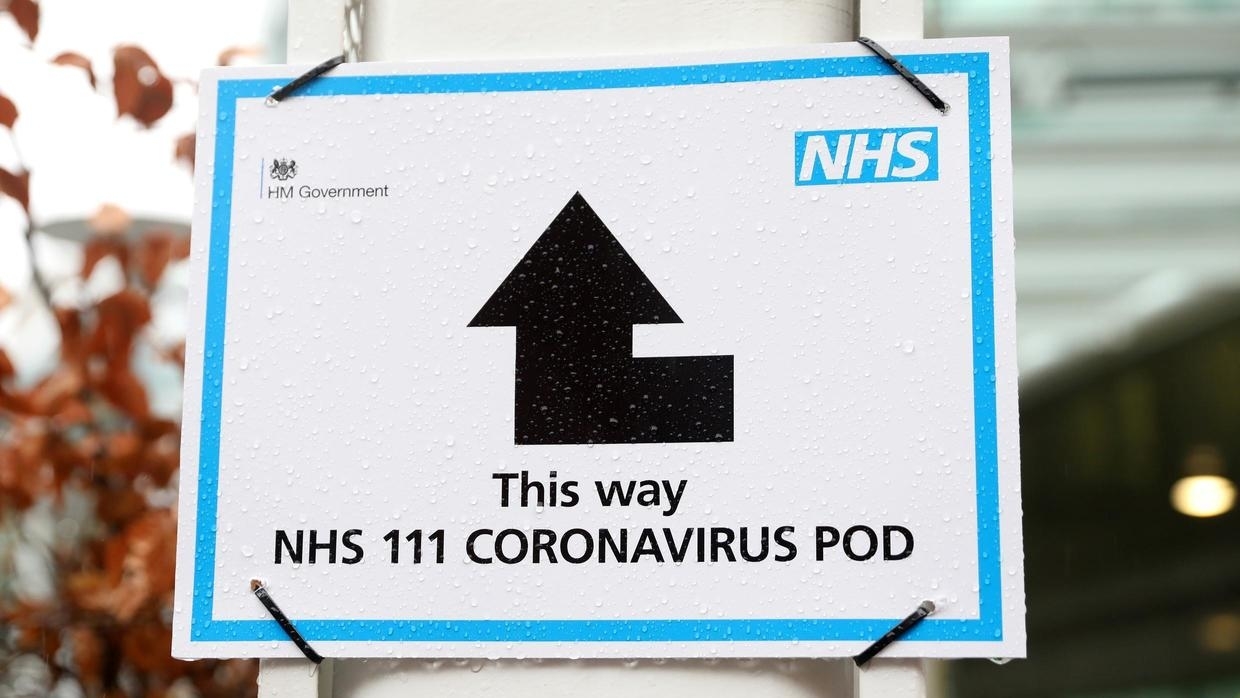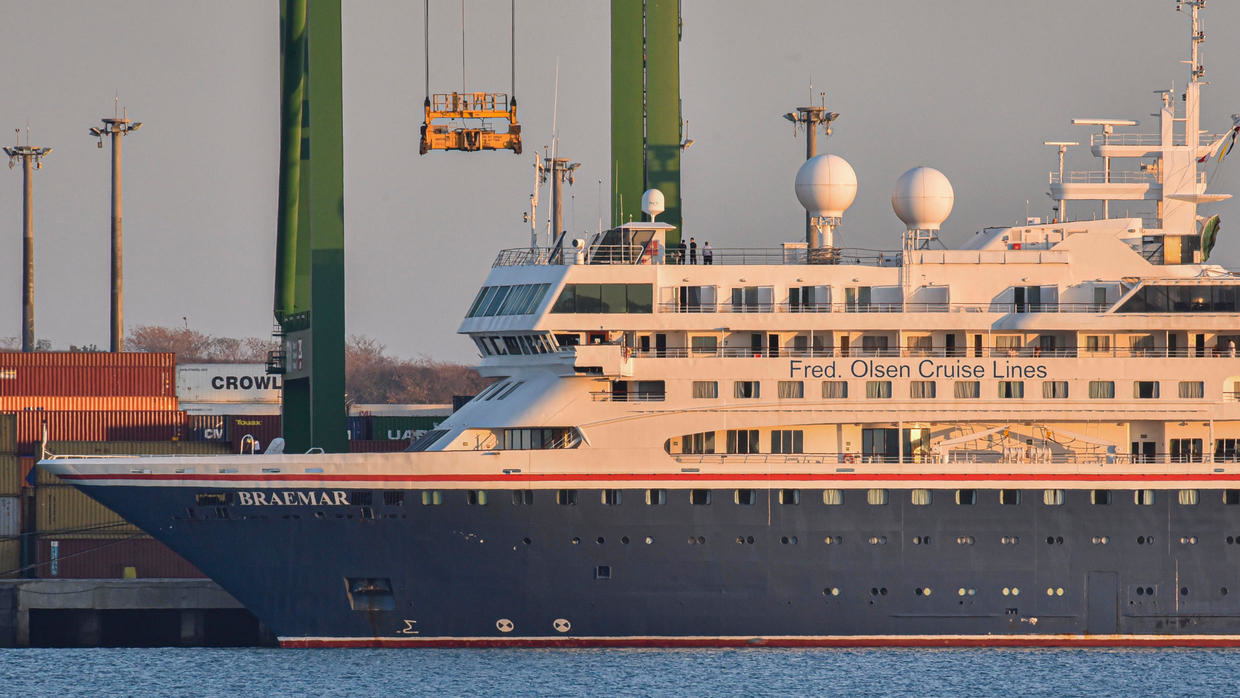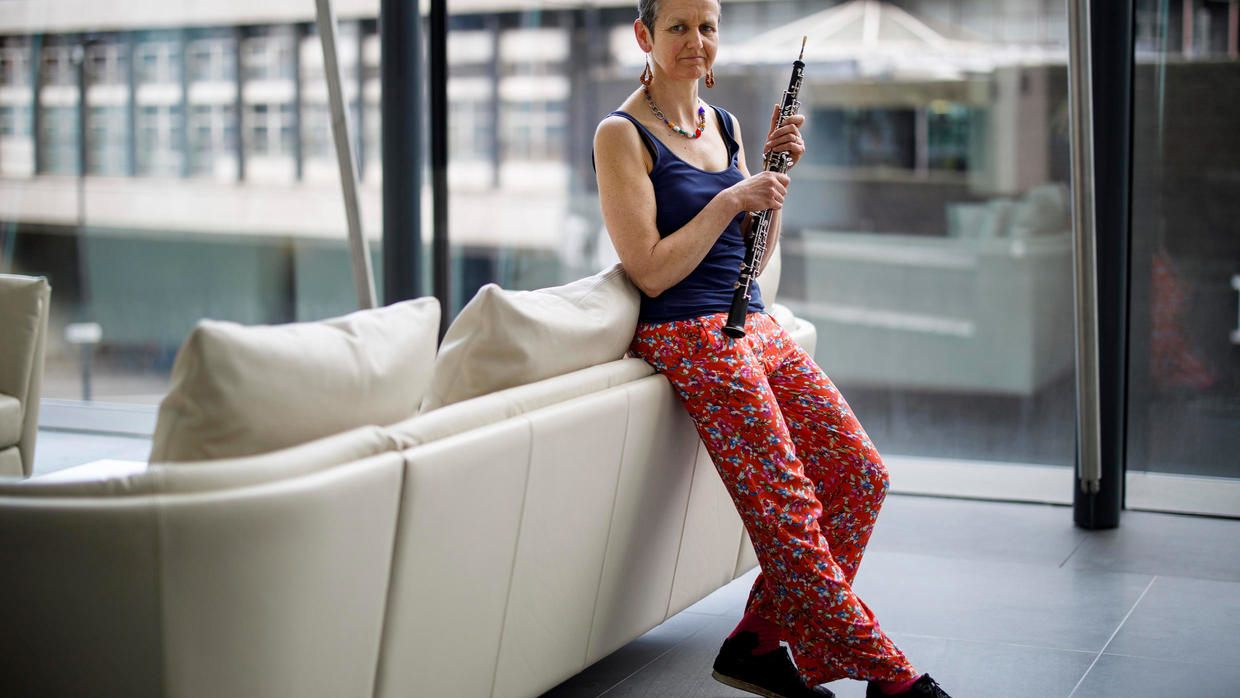
At the COP29 climate summit in Baku, Azerbaijan, UK Minister for Development Anneliese Dodds is set to announce a significant initiative aimed at improving access to clean cooking solutions
in the Global South. This initiative will help reduce reliance on polluting fuels like wood and charcoal, promoting better health and environmental outcomes.
The UK will commit £74 million to extend clean cooking access to an additional 10 million people across Sub-Saharan Africa, South Asia, and the Indo-Pacific. This move aims to reduce health risks—especially for women and girls who are most affected by fumes from burning coal and wood—and preserve forest resources.
Minister for Development Anneliese Dodds said: “Britain is back with a voice on the world stage, and we are leading on new initiatives to support health and the environment.
This package will support 10 million people across Sub-Saharan Africa, South Asia, and the Indo-Pacific to leave coal and wood cooking behind, helping the environment while also improving the health of women and girls who are so often exposed to damaging fumes from burning coal and wood.
Nothing could be more central to the UK’s own national interest than delivering progress on arresting rising temperatures. This is our chance to achieve clean and secure energy, both globally and at home, and, in doing so, drive growth for the UK”.
The £74 million package includes £44 million from a five-year extension of the Modern Energy Cooking Services (MECS) program, and an additional £30 million through the Ayrton Fund, which accelerates clean energy adoption in Global South countries. The British International Investment (BII) will also contribute $16 million to Africa Go Green, a fund supporting early-stage climate-action businesses in Africa, including those focused on clean cooking.
In addition to the clean cooking initiative, Minister Dodds will announce enhanced support for the Weather and Climate Information Services (WISER) program. WISER partners the UK Met Office with African meteorological organizations to strengthen extreme weather forecasting. An additional £30 million investment will raise WISER's total funding to £47 million, helping African communities better adapt to climate challenges.
This package reflects the UK’s commitment to collaboration with the Global South on sustainable development. It follows Minister Dodds' recent address at Chatham House, outlining a new approach to development rooted in partnership.
Furthermore, the UK will commit £6 million to launch "Jahez," a project supporting climate-resilient initiatives for refugees in Jordan, such as water restoration and climate-smart agriculture.
These pledges reinforce the UK's dedication to climate action, with a planned £1.5 billion in 2025 to help vulnerable countries build climate resilience, a tripling of adaptation funding from 2019 levels. This forms part of the UK's broader £11.6 billion commitment to International Climate Finance from April 2021 to March 2026.
Minister Dodds also met with the Executive Director of the Green Climate Fund (GCF) to confirm the UK's commitment to this major international finance mechanism. The UK’s £1.62 billion investment, its largest single contribution to international climate finance, supports 286 projects across 133 countries, aiding millions of vulnerable people in the fight against climate change. Photo by Laura Toledano, Wikimedia commons.



